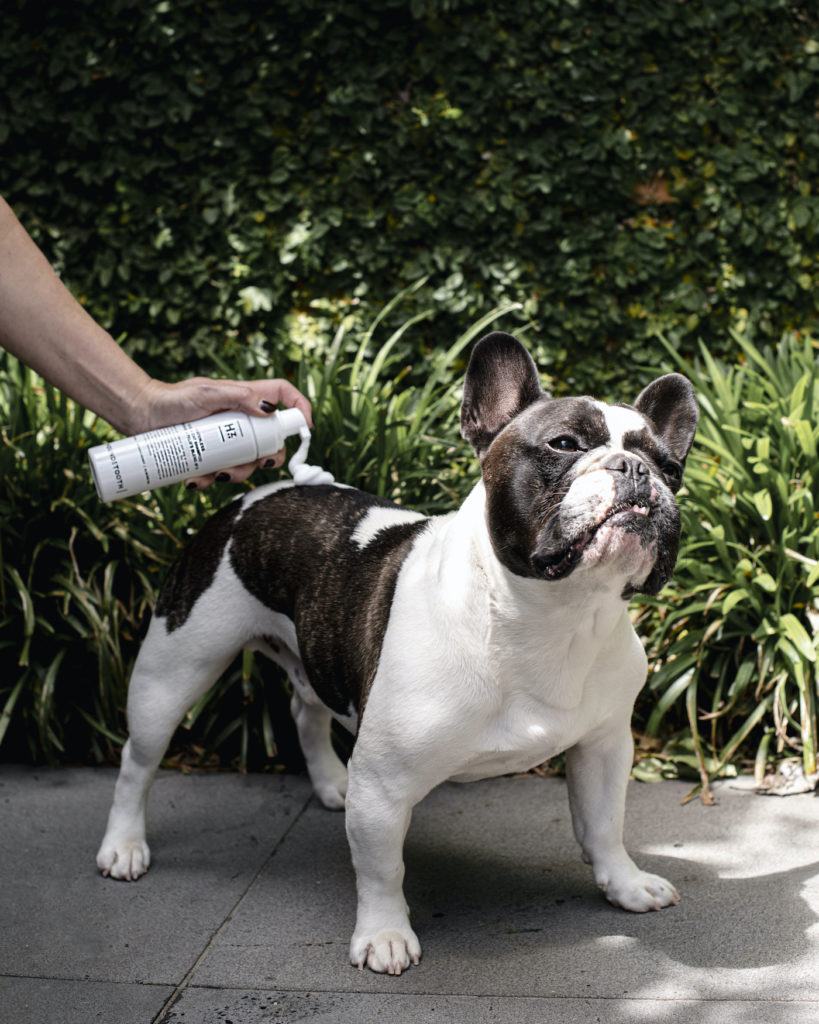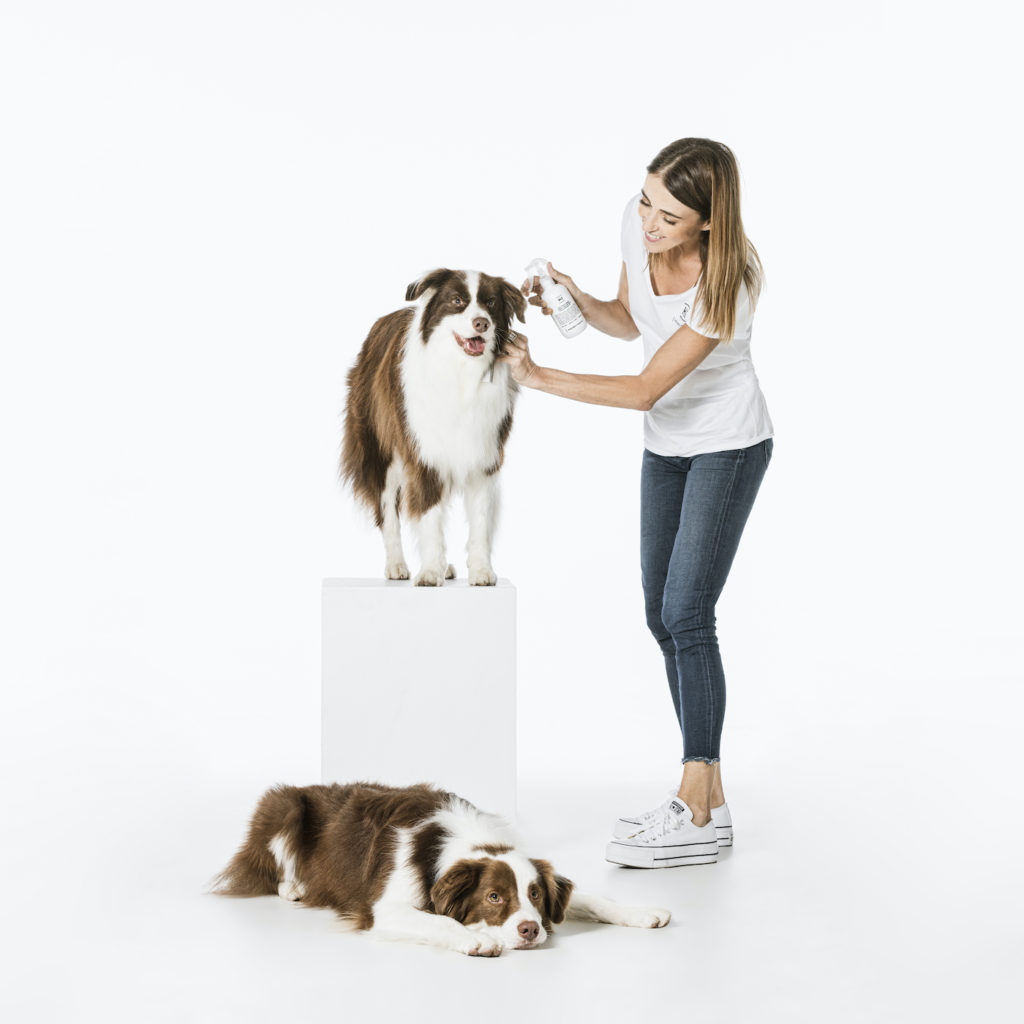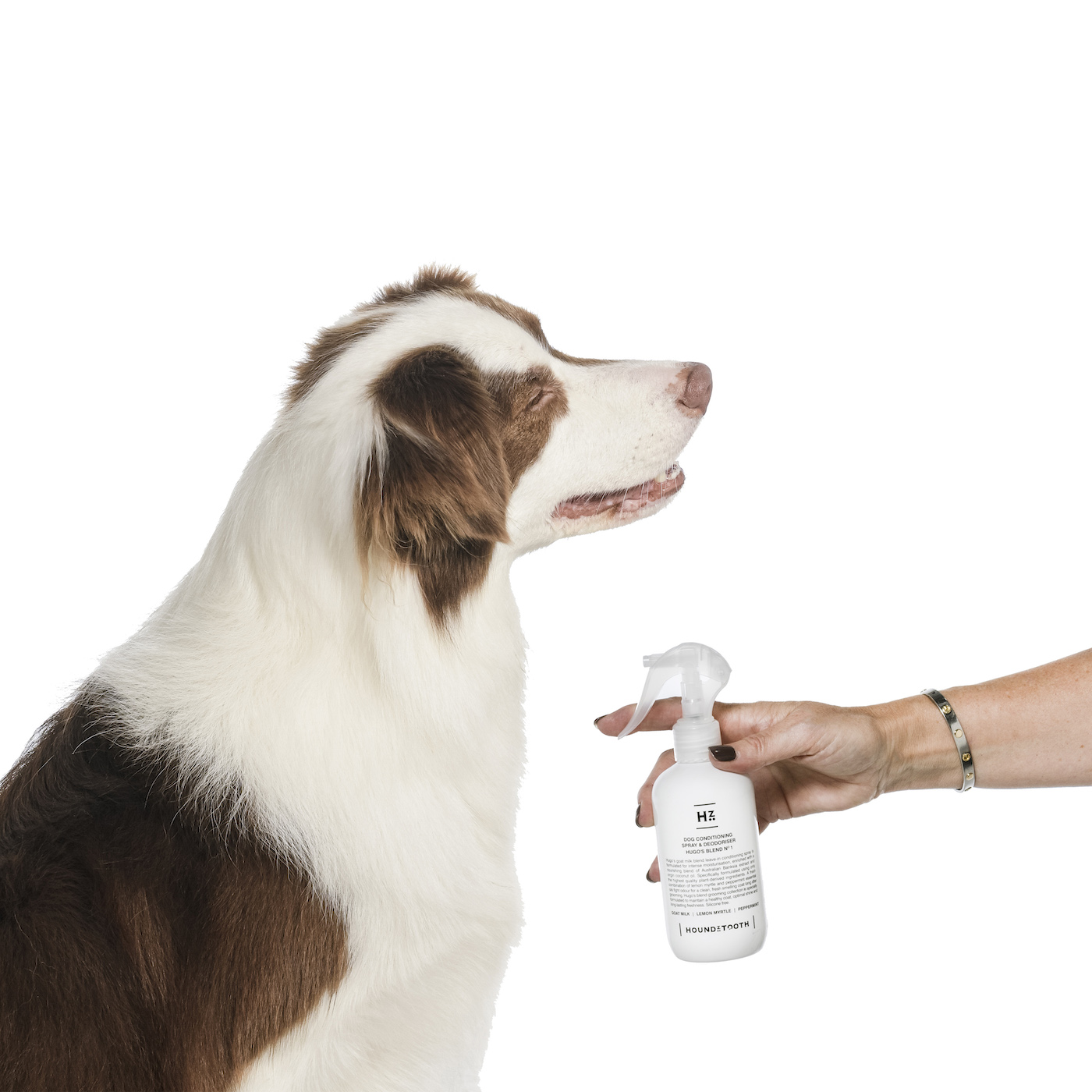Seasonal Grooming: Autumn to Winter
Why do dogs shed?
Dogs shedding is a natural part of life. While some breeds shed less than others, it’s a trait that all of our furry friends share. The type of coat your dog has will determine just how much they shed.
Snow dogs like samoyeds, malamutes and huskies have a coat for winter and a coat for summer. They will shed their coat (whether it’s their summer or winter one) twice yearly in preparation for the coming hot or cold season.
Short haired dogs can shed quite significantly as well. However, because their fur is shorter and their coat thicker, it may not seem that way. With so many different coat types around, it can be hard to figure out which category your pup’s falls into. This article should help.
Autumn to winter grooming
Grooming your dog in winter is just as important as grooming them during the warmer seasons. While it may seem obvious that grooming your dog in preparation for summer is a must, the reality is that the same goes when gearing up for winter.
With the weather being cold, wet and rainy in the coming months, your dog will need a lot more grooming love than usual. By giving them a regular brush, you will also be able to limit the amount they shed – because you’ll be getting rid of most of the loose fur during their daily grooming session.
Towel dry after playing in puddles
If your dog has been outside walking in the rain or playing in puddles, their fur and skin will likely be soaked. Not to worry! All you need to do is make sure you give them a nice warm towel dry (and cuddle) upon returning home.
Frankie & Felix’s Blend No.5 Waterless Shampoo With Oatmeal is perfect for cleaning dirt from your dog (or cat!). If their coat is wet and dirty after a walk out in the rain, our waterless shampoo will help to remove any debris before you towel them dry.

Keeping your pet dry will help their fur to do its job – which is to keep them warm. If your pup’s fur is dirty, matted and wet, it will only work against them by keeping their body cold. Matted fur can also lead to bacteria buildup, which isn’t good for your furry friend either.
With dirty fur and a buildup of bacteria, your dog will likely begin to suffer from ailments like rashes and hot spots. Dirty fur is also a breeding ground for fleas, which neither you nor your pup will want as house guests!

Focus on their feet
Keeping your pup’s feet dry is important so as to prevent dirt and debris from building up in their paws. In Australia, we don’t have to worry so much about snow, ice or salt (salt works to melt the ice) on dogs feet.
However, in countries with colder, icier climates, these elements can cause abrasions that can prove bothersome and even painful for your pup. Look at investing in some booties or taking your dog for walks that avoid these areas.
Dogs need grooming just as much in the cold weather as they do in the warm
Dogs get cold, just like we do. After being out in the rain, they need to dry off and let the fire or heater help to keep them warm.
Whether you’re bathing your pup at home or getting them trimmed by the groomer, their skin and coat will benefit significantly from the care you give it.

